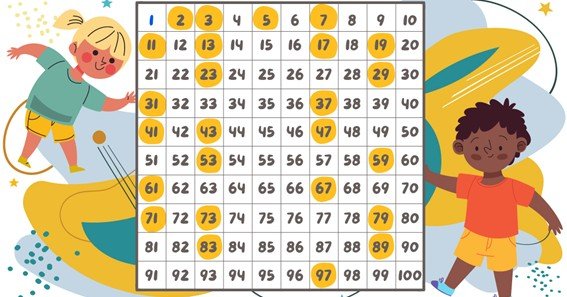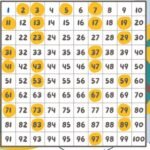In number theory, a prime number is defined as a natural number greater than 1 that has no positive divisors other than 1 and itself. This means a prime number has exactly two distinct positive factors. Conversely, a composite number has more than two positive divisors.
Is 21 a Prime Number?
To determine whether 21 is a prime number, we examine its divisors:
- Factors of 21: 1, 3, 7, 21
Since 21 has four positive divisors, it does not meet the criteria for a prime number. Therefore, 21 is classified as a composite number.
Prime Factorization of 21
Prime factorization involves expressing a composite number as a product of its prime factors. For 21, this can be demonstrated as:
21 = 3 × 7
Here, both 3 and 7 are prime numbers, making 21 a semiprime—a composite number that is the product of exactly two prime numbers.
Properties of the Number 21
- Odd Number: 21 is not divisible by 2.
- Triangular Number: It is the sum of the first six natural numbers: 1 + 2 + 3 + 4 + 5 + 6 = 21.
- Fibonacci Number: 21 is part of the Fibonacci sequence, preceded by 8 and 13.
- Semiprime: As mentioned, 21 is the product of the prime numbers 3 and 7.
Conclusion
Understanding the factors of 21 clarifies why it is not a prime number. Its classification as a composite number, specifically a semiprime, highlights its unique properties in number theory.
FAQ
- What defines a prime number?
A prime number is a natural number greater than 1 with exactly two distinct positive divisors: 1 and itself. - Why is 21 considered a composite number?
21 has more than two positive divisors (1, 3, 7, and 21), which classifies it as a composite number. - What is the prime factorization of 21?
The prime factorization of 21 is 3 × 7. - Is 21 a semiprime number?
Yes, 21 is a semiprime because it is the product of exactly two prime numbers: 3 and 7. - Is 21 part of the Fibonacci sequence?
Yes, 21 is a Fibonacci number, following 8 and 13 in the sequence.










